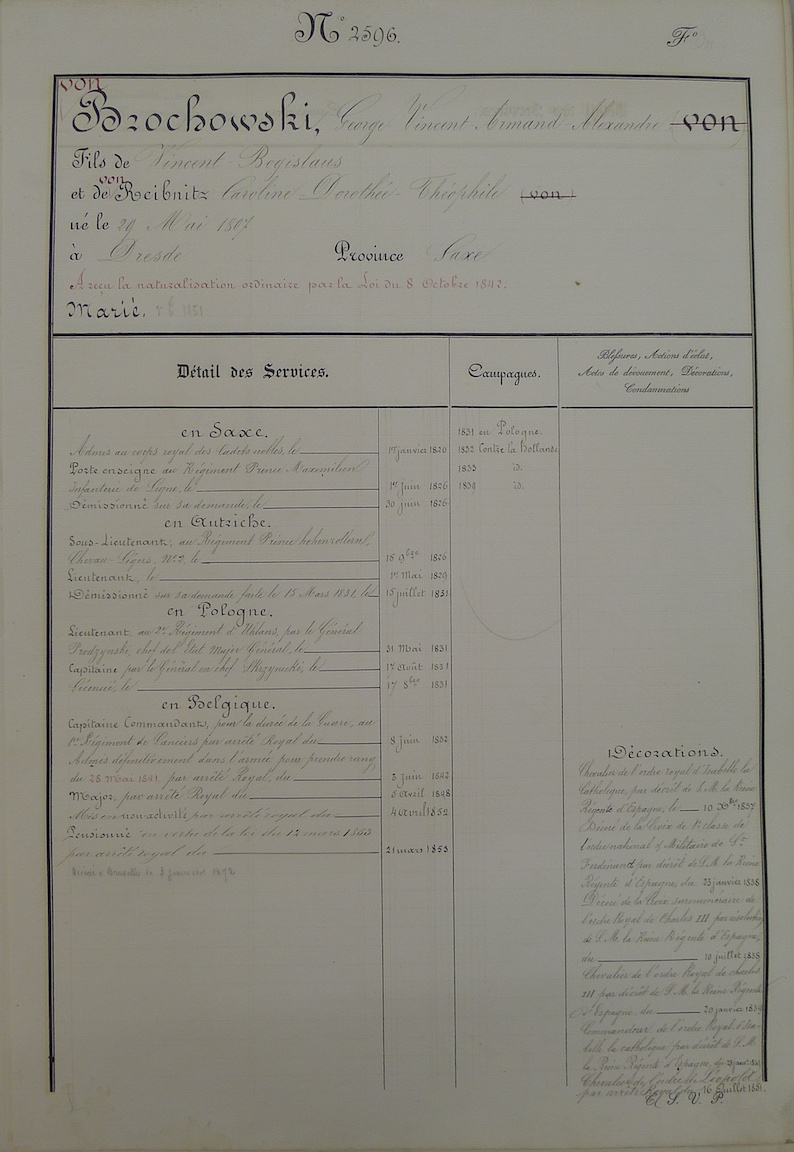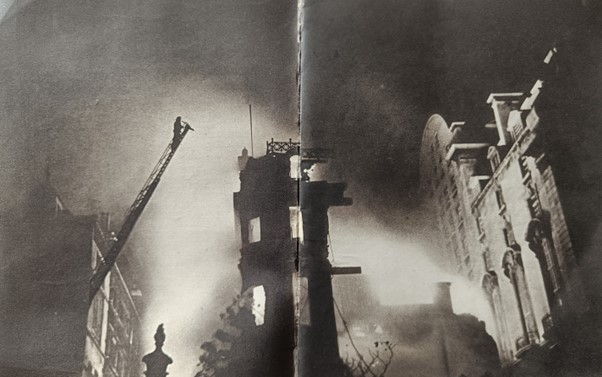Written by Mario Draper
When considering which primary source to select for this blog post, I kept on coming back to the significance of a letter written by a Polish officer Armand von Brochowski to King Leopold I of Belgium on 24 November 1846. In it he explained why he, and dozens of other Polish officers, had made the perilous journey across Europe in the early 1830s to join the Belgian Army.
Leave a Comment


